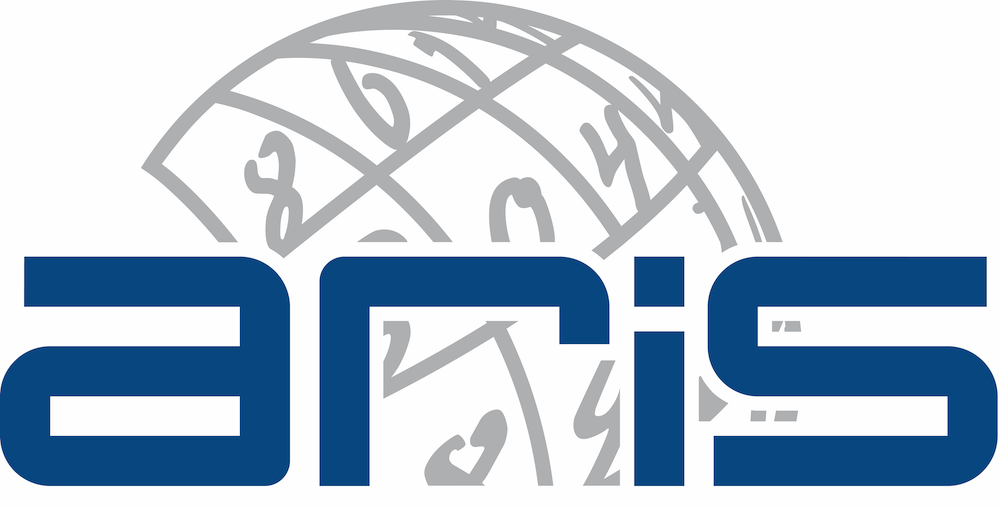Journal of Information Technology in Construction
ITcon Vol. 26, pg. 489-504, http://www.itcon.org/2021/26
A socio-technical intervention in BIM projects – an experimental study in global virtual teams
| DOI: | 10.36680/j.itcon.2021.026 | |
| submitted: | February 2021 | |
| revised: | May 2021 | |
| published: | July 2021 | |
| editor(s): | Kirti Ruikar, Ketan Kotecha, Sayali Sandbhor, Albert Thomas | |
| authors: | Anne Anderson, Ph.D., Associate Professor
School of Engineering, Computing and Construction Management, Roger Williams University, Bristol, Rhode Island, USA email: akanderson@rwu.edu Shobha Ramalingam, Ph.D., Associate Professor School of Construction Management, National Institute of Construction Management and Research (NICMAR), Pune, Maharashtra, India email: sramalingam@ms.nicmar.ac.in | |
| summary: | ‘Global Projects’ and ‘Global Virtual Teams’ are revolutionizing the construction industry. An increasing number of multi-national engineering firms are adopting this business model due to the possible advantages of cost and time optimization. However, literature identifies several challenges that the project teams endure in temporarily organizing while transitioning through time and space, some of which include cross-cultural differences in teams and limited richness of the communication media. Perceiving virtual project execution as a multi-variable construct, organizational theorists and sociologists adopt a socio-technical approach to understand the dynamics of action embedded in the process and recommend implementation of pre-process, during process or post process intervention strategies to enable performance. In this paper, we address this research concern through an experimental study conducted across two global universities, National Institute of Construction Management and Research, Pune, India and Washington State University, USA. Around 24 students from each university in ten teams collaborated virtually for a period of 2.5 weeks to develop a 3-dimensional Revit model and a 4-dimensional BIM model in Autodesk Revit and Navisworks, respectively, for a multi-storey residential building. The study aimed to investigate the role of project teams in organizing and coordinating projects tasks and taking a socio-technical approach, explored the role of a BIM Execution Plan as a pre-process intervention strategy. Data collected through qualitative survey post the experiment was qualitatively analyzed using ethnographic coding techniques. Findings showed that the project and team challenges primarily stemmed from coordination issues and institutional differences. Members significantly mitigated the issues through a proactive approach and a priori planning. The BIM Execution Plan allowed members to instantly get involved with the tasks and plan the process apart from being able to foresee the complexity. Teams emphasized the importance of implementing a detailed BIM Execution Plan during the planning phase for a collaborative and successful project outcome and further observed that pre-process intervention strategy such as a BIM plan was the needed impetus for members to collaborate and coordinate project tasks. | |
| keywords: | Global Virtual Teams, Socio-technical Approach | |
| full text: | (PDF file, 0.633 MB) | |
| citation: | Anderson A, Ramalingam S (2021). A socio-technical intervention in BIM projects – an experimental study in global virtual teams. Journal of Information Technology in Construction (ITcon), 26, Special issue Next Generation ICT - How distant is ubiquitous computing?, 489-504. https://doi.org/10.36680/j.itcon.2021.026 | |
| statistics: |





